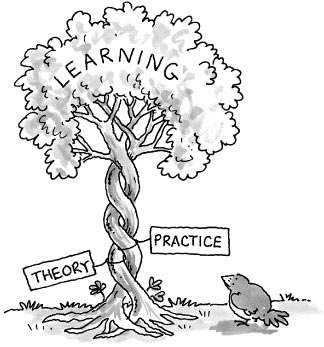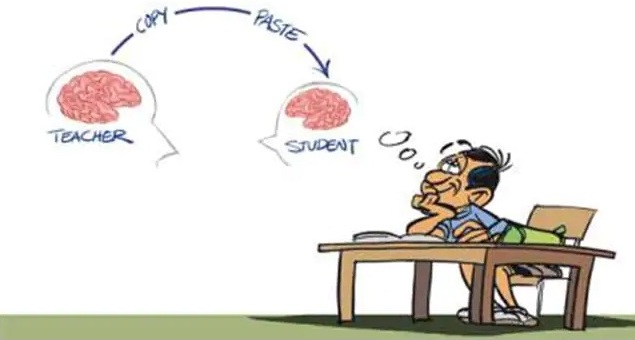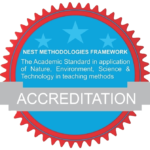Creating the right balance between Theoretical and Practical classes

Guidelines suggesting how to create the right balance between theoretical and practical classes as suggested by NEST methodologies.
When it comes to education there are different approaches to learning your lessons, one is through theoretical understanding and the other is through practical applications. Both approaches are important factors in the learning process.
Theoretical Knowledge- Teaches us why? It helps us understand why one technique works whereas the other fails. Through the theoretical approach towards understanding, we gain the experience of others and acquire a deeper understanding of the subject.
Practical Knowledge- Helps us understand the techniques that become tools of our trade. Practical classes can often lead to a deeper understanding of the act of doing and personal experience.
It is quite obvious that both of the above approaches are important in achieving a proper education. “In the concept of NEST methodologies, the main focus is placed on practical classes with an outdoor venture where teachers and students jointly explore the first-hand experience of Nature and Environment like practical classes in the field, farming tours, botanical gardens visits etc. The exposure to nature and its fragile environment is coupled with the use of Science and the latest technology. It strives to make balances between theoretical classes and practical exercises.“
The perfect balance between practical and theoretical forms of learning would-
- Not require rote learning

Many may have an inborn talent for remembering everything they read. But others have to resort to rote learning in order to retain it. And theoretical knowledge can involve lots of mugging up. If you don’t want your children or students to become bookworms, always lost in a pile of books, then practical education must be supplemented with theoretical teaching. You might spend hours learning the climatic conditions of Africa but a visit to Africa can stick the picture in your mind instantly and very effectively. Not mugging up takes off loads of pressure from a student’s brain thus helping in the learning process.
- Effectively retain knowledge in our memories.
When we mug up a lesson for a test, our brain tends to remember it for a short while which can be shorter than the duration of your test thus not serving that purpose of education since our brain forgets it easily.
While understanding the same concept practically, it can be in the form of experiments, real-life projects or educational trips, the knowledge and the whole learning experience stays in our mind for long.
- Would develop a proper understanding
Could you have ever understood the reflection of light had you not seen a mirror? Just by reading about a phenomenon or a lesson, it cannot get straight to your mind even though it may be explained in the best manner. You actually got to see it happening in front of your eyes and not by hearing it in somebody else’s words. Be it understanding the phenomenon of physics or dwelling in literature.
- Effectively provide practice
Reading a lesson over and over again can be of little help. But performing activities or experiments based on it involves practice and as you may have heard “Practice makes a man perfect”. Go on reading a guide book for a new language without speaking that language at all and you will see no progress. But start using that language and try conversing with other people and you’ll see the change. You will see an improvement. So just sitting in a corner with a book or listening to a lecture has no practice involved unless the theoretical teaching is converted into practical activities.
There are a theoretical side and a practical side to knowledge and both are valuable. The true masters of any craft or discipline understand both ends of the spectrum. They put in the hours to acquire the practical techniques while also putting in an enormous amount of time to understand how those techniques fit into a larger context and tradition and why they work.
